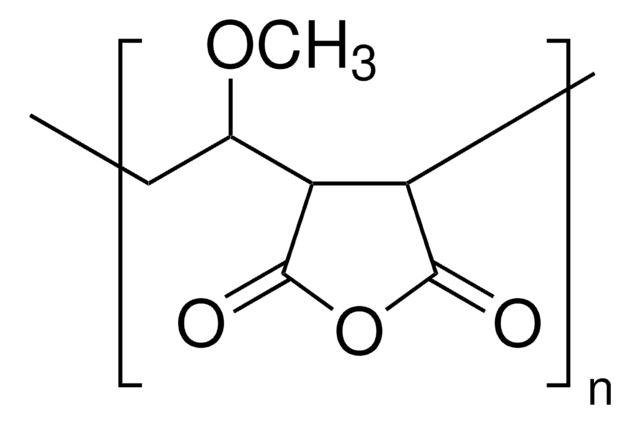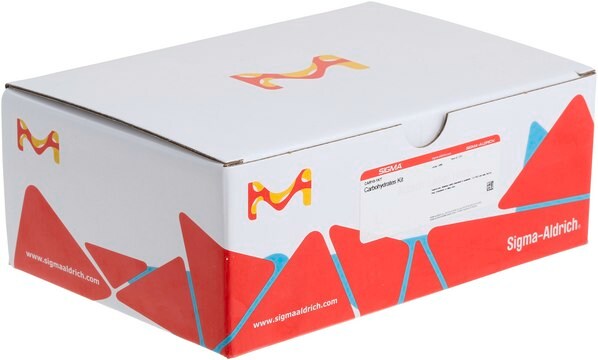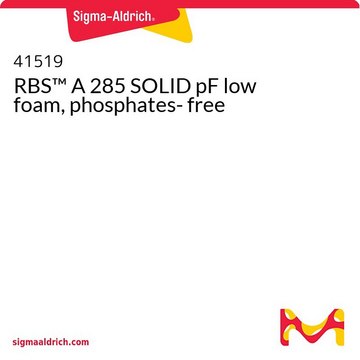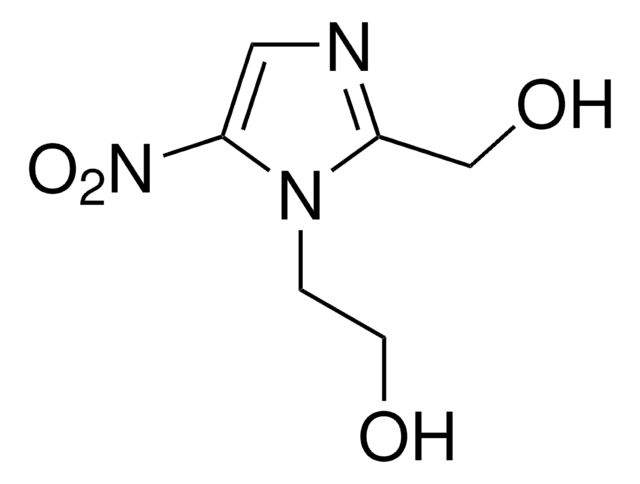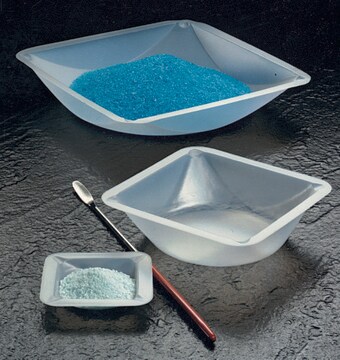890705C
Avanti
16:0-18:1 EPC (Cl Salt)
Avanti Research™ - A Croda Brand 890705C
Sinónimos:
1-palmitoyl-2-oleoyl-sn-glycero-3-ethylphosphocholine (chloride salt)
About This Item
Productos recomendados
form
liquid
packaging
pkg of 1 × 1 mL (890705C-10mg)
pkg of 1 × 2.5 mL (890705C-25mg)
manufacturer/tradename
Avanti Research™ - A Croda Brand 890705C
concentration
10 mg/mL (890705C-10mg)
10 mg/mL (890705C-25mg)
lipid type
transfection
cationic lipids
shipped in
dry ice
storage temp.
−20°C
SMILES string
O=P(OCC[N+](C)(C)C)(OC[C@]([H])(OC(CCCCCCC/C=C\CCCCCCCC)=O)COC(CCCCCCCCCCCCCCC)=O)OCC.[Cl-]
Categorías relacionadas
General description
Application
- as a cationic lipid to explore the change in organization and dynamics of a membrane-bound fluorescent probe in host membranes of varying charge
- in the preparation of small unilamellar cationic liposomes
- in a novel albumin-associated lipoplex formulation to evaluate the antitumoral efficacy of immuno-gene therapy and “suicide” gene therapy
Biochem/physiol Actions
Packaging
Legal Information
signalword
Danger
Hazard Classifications
Acute Tox. 3 Inhalation - Acute Tox. 4 Oral - Aquatic Chronic 3 - Carc. 2 - Eye Irrit. 2 - Repr. 2 - Skin Irrit. 2 - STOT RE 1 - STOT SE 3
target_organs
Central nervous system, Liver,Kidney
wgk_germany
WGK 3
Elija entre una de las versiones más recientes:
Certificados de análisis (COA)
Lo sentimos, en este momento no disponemos de COAs para este producto en línea.
Si necesita más asistencia, póngase en contacto con Atención al cliente
¿Ya tiene este producto?
Encuentre la documentación para los productos que ha comprado recientemente en la Biblioteca de documentos.
Nuestro equipo de científicos tiene experiencia en todas las áreas de investigación: Ciencias de la vida, Ciencia de los materiales, Síntesis química, Cromatografía, Analítica y muchas otras.
Póngase en contacto con el Servicio técnico

